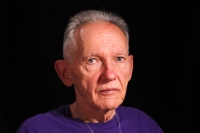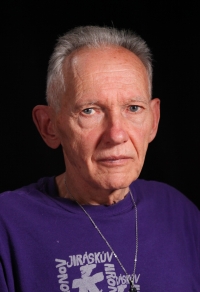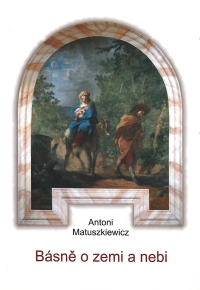The Solidarity era was amazing. Full of chaos, but we were finally doing something

Download image
He was born on 13 August 1945 in Lviv to a Polish family, both his parents were teachers. In January 1945 his father was arrested by the Soviets and taken to the Donbas. He returned home after the birth of his son in September 1945. In the spring of 1946 witness´s family emigrated to Poland. They settled first in Oleśno and later in Świdnica in Lower Silesia, where the witness spent his childhood and adolescence. In 1968 he completed his history and cultural studies at the University of Wrocław and started to work in the library and later at the museum in Świdnica. He finished his museum studies at the Jagiellonian University in Krakow. In 1980 he worked at the museum in Wałbrzych and joined the independent trade union movement Solidarity. In 1981 he started publishing the magazine Niezależne Słowo (Independent Word) under the patronage of Solidarity, and in December he participated as a correspondent in a meeting of Solidarity leaders in Gdańsk. Just before the martial law was introduced, he was arrested by the police in a hotel on the night of 12-13 December 1981 and he spent three months in prison. After being released he lost his job and made a living by casting candles. He raised two sons with his first wife. He has written 16 collections of poetry and three books of prose. Since 2008 he has lived with his second wife in Martínkovice near Broumov and has been involved in the organisation of the Days of Poetry in Broumov. In 2022 he was living in Martínkovice.


